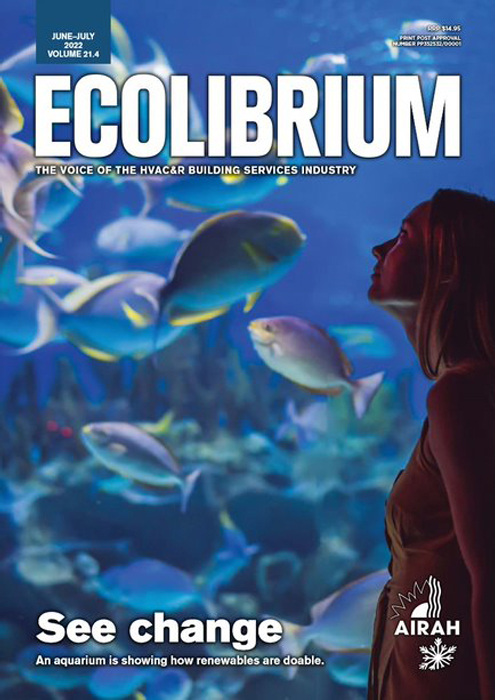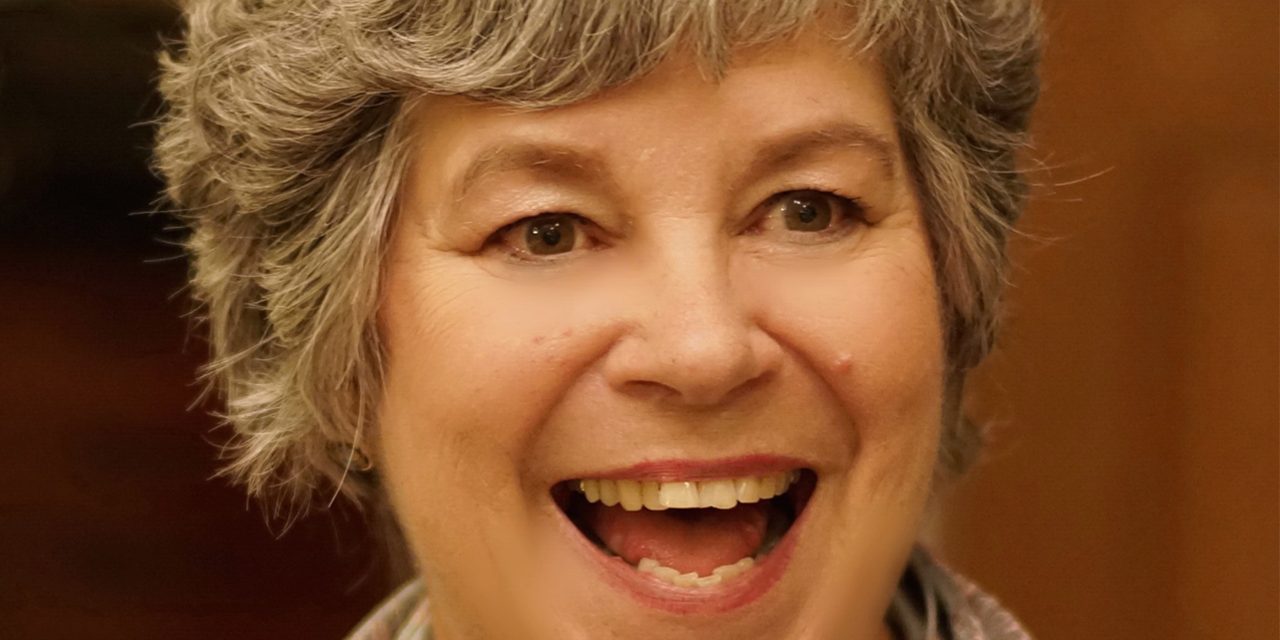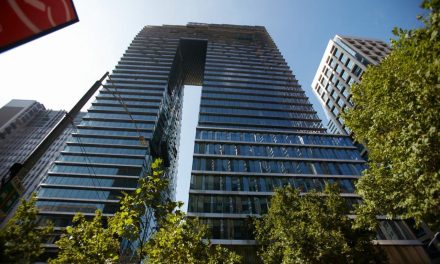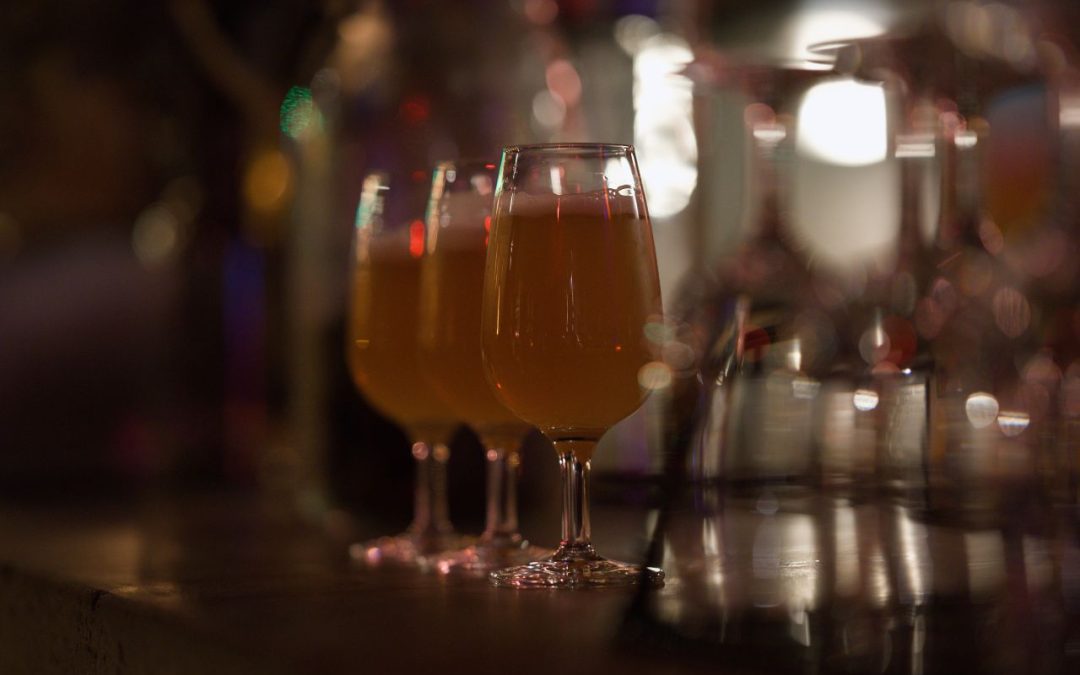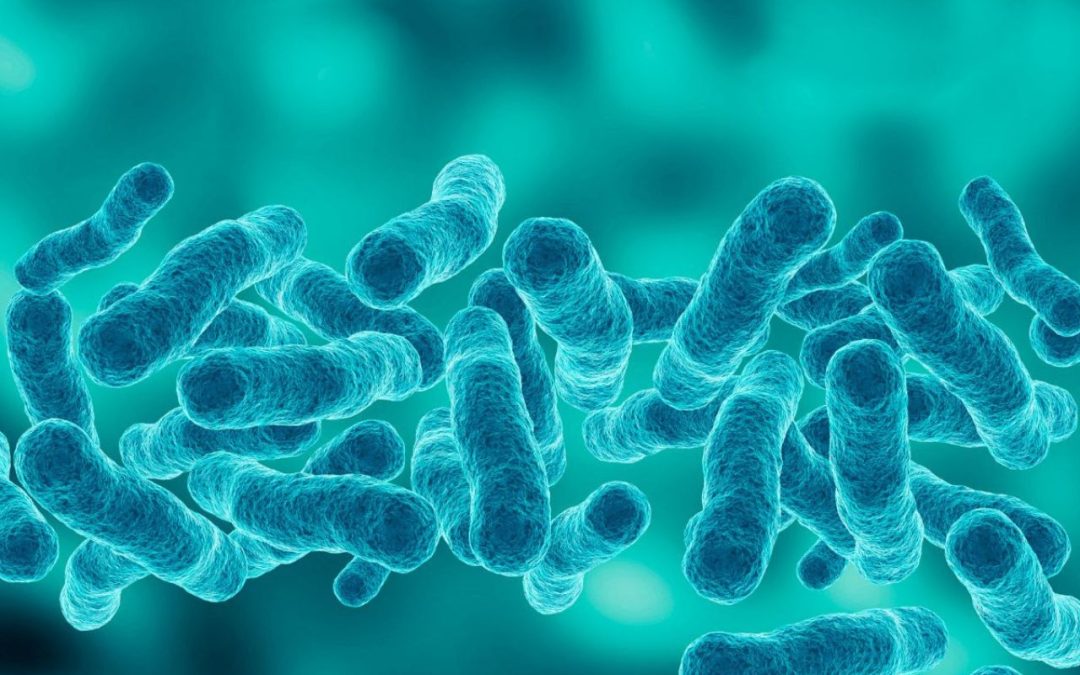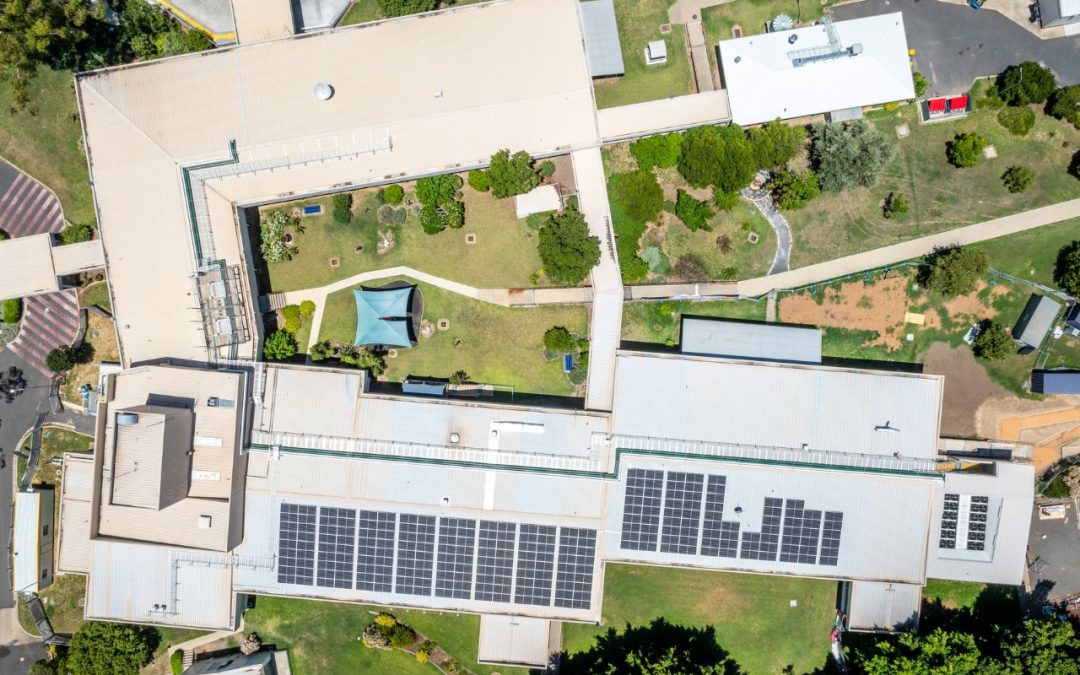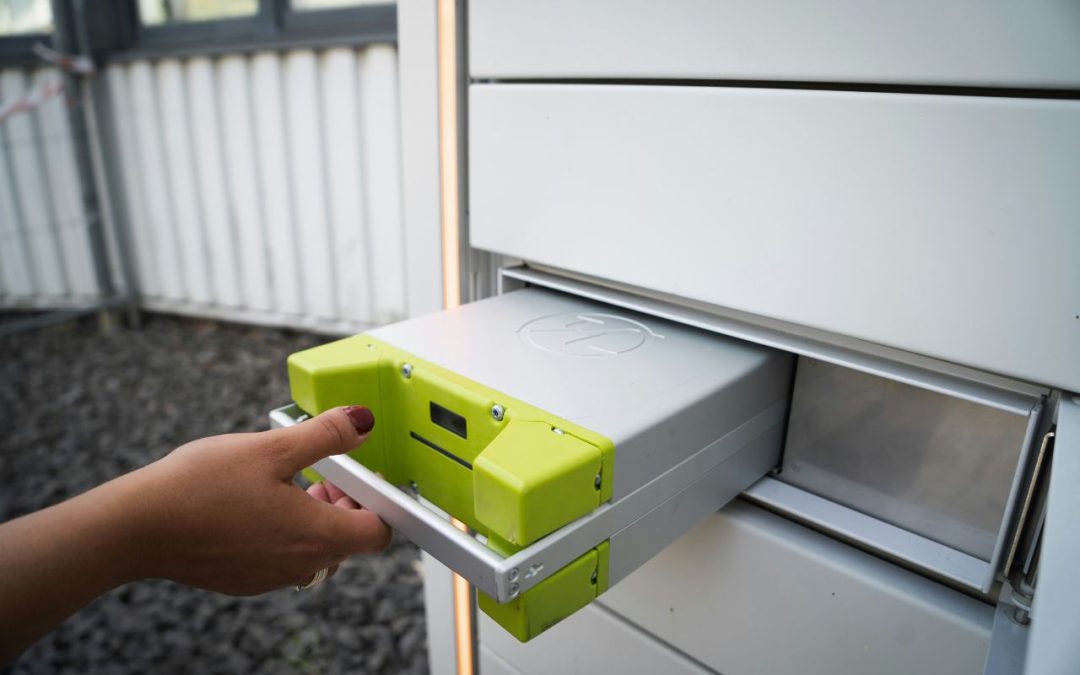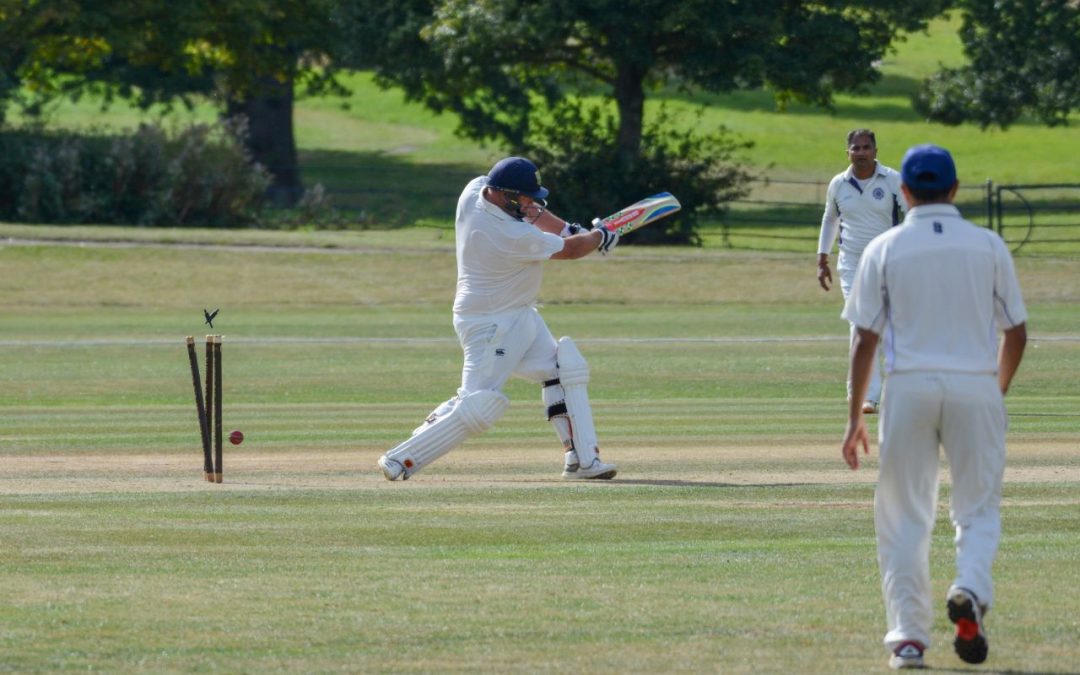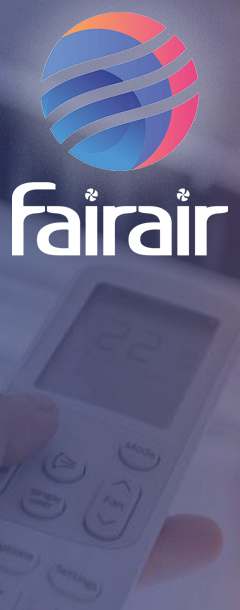A co-founder of the Institute for Sustainable Leadership based, Dr Gayle Avery is a pioneer in the burgeoning field of sustainable leadership.
By Sean McGowan
“The good news for most of us uncharismatic people is that charisma’s role in successful leadership is vastly overstated”
Ecolibrium:
What is your role and background? Do you have a specialty?
Gayle Avery: I’m one of the co-founders of the Institute for Sustainable Leadership (ISL). ISL began as a research centre at Macquarie Graduate School of Management (MGSM) before members of the business community established us outside Macquarie University as an independent research and teaching organisation.
I spent 24 years as a professor at MGSM specialising in a new field of management called “sustainable leadership”. I’m continuing as an honorary professor at Macquarie Business School but at ISL, I’m responsible for education and managing the business. Fortunately, we have a wonderful team that takes care of the rest. This includes the other co-founder, Dr Harry Bergsteiner, who drives the thought leadership. ISL basically belongs to its employees, called associates, and we operate on an egalitarian or “organic” form of leadership.
Ecolibrium:
How do you define sustainability? What’s sustainable leadership all about?
Gayle Avery: Sustainability and leadership are really contentious terms. Put together, they could easily make you could think of green dictators!
However, for us at ISL, sustainable leadership is much broader than this. It refers to evidence-based practices for creating resilient organisations that are high-performing (on business metrics) while at the same time taking care of the planet and its inhabitants.
We use the terms “honeybees” and “locusts” to differentiate the sustainable leadership system from the unsustainable practices that make up business-as-usual. Honeybee leadership focuses on a broad range of stakeholders, not just its owners or shareholders and takes a long-term perspective. Honeybees build community and adopt a purpose that adds value to the ecosystem, whereas locusts are short-term and greedy in their actions and beliefs.
Ecolibrium:
What’s your mission?
Gayle Avery: Our mission is to make a better world by helping teams and organisations transition from a locust approach to honeybee leadership. All stakeholders benefit – employees, customers, suppliers, society and the planet. And the amazing thing is that honeybee leadership withstands pandemics and global financial crises better than locust approaches.
Ecolibrium:
A traditional quality associated with leaders is charisma. How does this jibe with sustainable leadership?
Gayle Avery: We don’t focus too much on the traits of individual leaders, such as charisma. In any case, the good news for most of us uncharismatic people is that charisma’s role in successful leadership is vastly overstated. Even without much charisma, you can run an effective team – providing you know what to do. Charisma alone won’t cut it.
Sustainable leadership regards leadership as a system rather than what a particular set of persons do or are like. This leadership system is made up of persons known as leaders, their followers and the context and culture in which they all interact. The context includes the policies, procedures, and culture affecting a team or an organisation.
Sustainable organisations pay particular attention to the leadership culture to make sure it creates outcomes that match the needs of all its stakeholders, including the community and the planet. The purpose is clearly articulated and shared, often aligning with the UN’s Sustainable Development Goals.
Ecolibrium:
What’s your assessment of the state of corporate leadership in Australia?
Gayle Avery: Poor corporate leadership worldwide is a huge issue that we would love to change. The research is clear that sustainable leadership practices like taking a long-term view, being ethical, sharing a social purpose, considering multiple stakeholders, looking after your people, being innovative and offering quality services and products are key to success over the long term. Corporate Australia is very much wedded to a short-term perspective favouring shareholders and investors, and measures its success mainly by short-term financial metrics.
Once you start factoring in costs to the environment and society caused by corporate actions, this success evaporates. Think of the social damage banks and aged-care homes have caused to their customers and residents? Or the damage to health and society that VW caused with its falsified “clean diesel” cars through the extra emissions that hapless populations breathed in.
The good news is that some corporates are run on honeybee principles, and this gives us hope that the others can change too.
Ecolibrium:
What is the relationship between diversity and sustainable leadership?
Gayle Avery: Sustainable leadership encompasses 23 practices, including diversity, equity and inclusion. You can’t get the innovation a honeybee needs without engaging a diverse workforce, but hiring people who are different is pointless unless they are included in the conversation. Having a voice goes along with other honeybee practices including retaining and developing staff; and promoting trust, teamwork and knowledge sharing.
When you view an organisation from a systems perspective, you begin to see how the 23 practices interact and reinforce each other. For example, low trust means low teamwork and knowledge sharing; exclusion of different others rather than including them means lower innovation; and people start to leave the organisation, which disrupts the culture; and so on.
Ecolibrium:
If there is one thing you’d like people to understand about sustainable leadership, what is it? is the relationship between diversity and sustainable leadership?
Gayle Avery: The science tells us how to create effective resilient teams and businesses that achieve high performance while caring for society and the planet. It’s just a matter of knowing what to do!
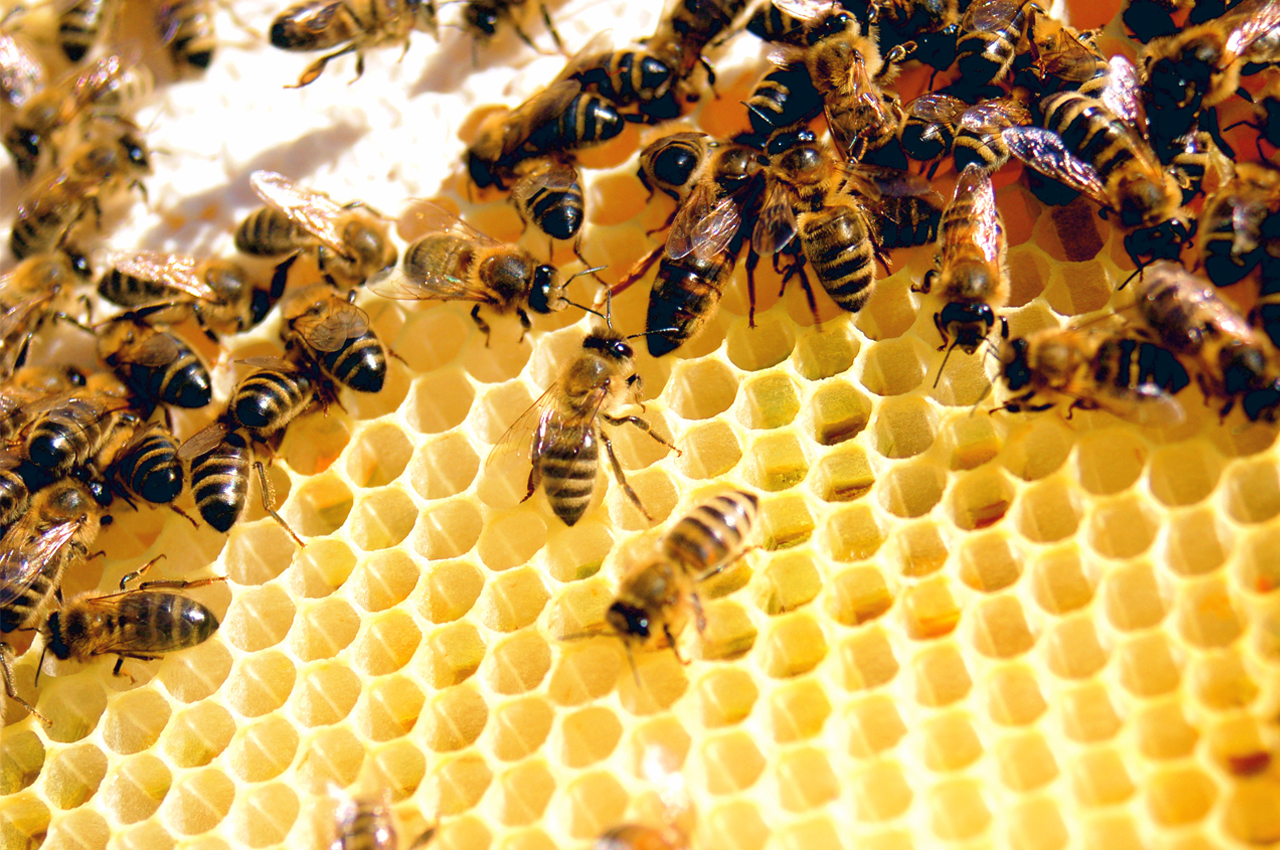
Would you like to know more?
For more information on the ISL, go to https://instituteforsustainableleadership.com
Dr Gayle Avery will be writing a regular column for Ecolibrium over the coming editions.
